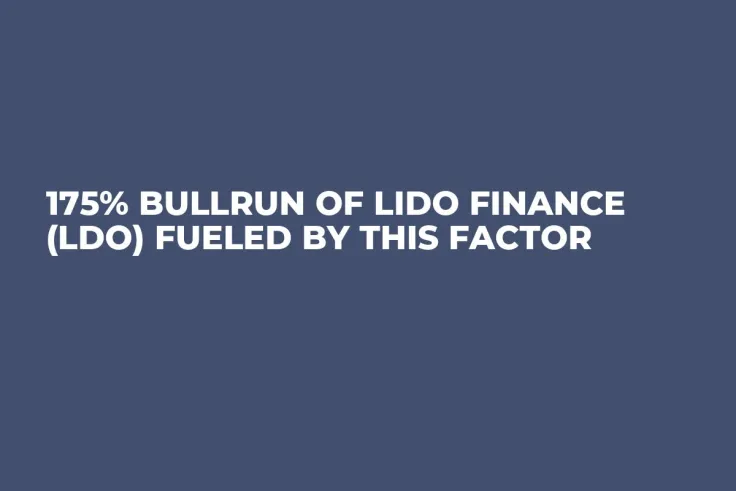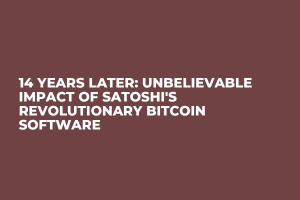
Disclaimer: The opinions expressed by our writers are their own and do not represent the views of U.Today. The financial and market information provided on U.Today is intended for informational purposes only. U.Today is not liable for any financial losses incurred while trading cryptocurrencies. Conduct your own research by contacting financial experts before making any investment decisions. We believe that all content is accurate as of the date of publication, but certain offers mentioned may no longer be available.
Lido Finance conquered the spotlight of the most rapidly growing asset on the market since the beginning of the year out of the top 100 of the whole market. While one of the main reasons behind LDO's growth could be increased demand for the liquidity of staked Ethereum, there is an important factor that investors should not ignore.
With the upcoming Shanghai update on Ethereum, the market share of Liquid Staking Derivatives providers similar to Lido Finance but with a smaller capitalization should start gaining more attention from investors and make the network more decentralized.
The upcoming upgrade of the network will bring users the ability to withdraw holdings from staking contracts, which is why we are seeing a wave of fresh inflows to Lido Finance. With the ability to manage their own funds at will, Ethereum investors should gain more trust in liquidity providers and stake more coins.
Recently, a lack of clarity from both providers and Ethereum developers led to the aggravation of sentiment around the whole Ethereum community, hence leading to the deceleration of the growth of staked Ethereum on the network.
Previously, Ethereum developers shared an unpleasant forecast: they might need to postpone the ability to withdraw assets from staking contracts, which created a wave of outrage among investors who felt like they were getting "scammed."
Some analysts worry that the massive unlocking of funds from staking contracts will lead to an unseen selling pressure spike on the network which, at the current liquidity level, will be a catastrophe for the second biggest asset's market performance.
However, it is too early to tell whether the unlocking will lead to some problems or not. Most likely it will depend on existing market conditions.

 Vladislav Sopov
Vladislav Sopov Dan Burgin
Dan Burgin